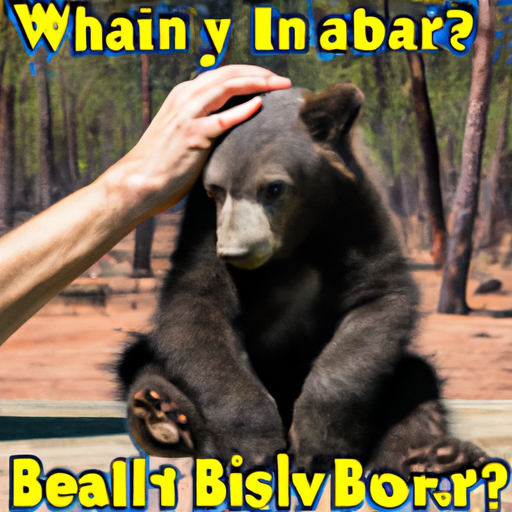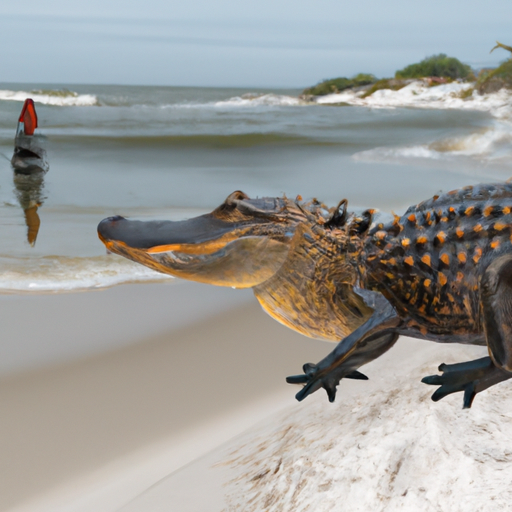Arizona – Wildlife experts are scratching their heads in confusion over a bear cub that was recently discovered in the forests of Arizona. The cub, which is much smaller than the average bear cub, has left experts “stumped” as they try to determine the reason for its tininess.
“It’s really a mystery,” said Forest Ranger John Smith. “We’ve never seen a bear cub this small before. It’s almost like a miniature version of a bear.”
Experts are speculating that the cub’s small size might be due to a genetic anomaly, but there are no known cases of bears being born with such a condition. They are also considering environmental factors such as lack of food or stress in the mother bear’s pregnancy.
“Either way, we’re really scratching our heads on this one,” said Dr. Jane Brown, a wildlife biologist.
The cub was discovered by a group of hikers who stumbled upon it while on a nature walk. They immediately reported the find to the authorities, who brought the cub to a nearby wildlife center for examination and care.
“Despite its small size, the cub seems to be in relatively good health,” said Dr. Brown. “We’re doing everything we can to ensure that it grows up strong and healthy.”
While the tiny cub has certainly intrigued the wildlife community, not everyone is impressed. Some critics are calling the attention paid to the cub “overblown” and “unnecessary.”
“Who cares if the bear cub is small?” said local resident Bob Johnson. “There are bigger issues at hand here, like crime and unemployment. I’m not sure why people are getting so worked up about this.”
Others are taking a more lighthearted approach to the situation, joking that the cub’s size might make it the perfect pet for those with limited living space.
“I’m thinking of adopting the cub and keeping it in my apartment,” said college student Samantha Lee. “It would be like having a little teddy bear with me all the time.”
Despite the mixed reactions to the cub’s discovery, experts say that its unusual size could provide valuable insights into the ecology and biology of bears.
“Who knows what we might learn from studying this tiny cub?” said Dr. Brown. “It may just be a fluke occurrence, or it may shed some light on the mysteries of bear genetics. Either way, we’re excited to find out.”


